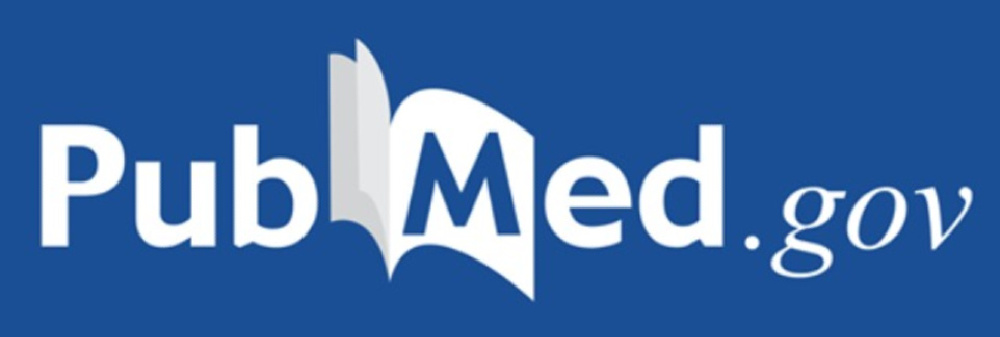- PMID: 33332006
- DOI: 10.1007/978-3-030-57369-0_7
Abstract
Cannabis-derived cannabinoids have neuroactive properties. Recently, there has been emerging interest in the use of cannabidiol (CBD)-enriched products for treatment of drug-resistant epilepsy. In 2018, the FDA approved the use of CBD-rich Epidiolex for two severe forms of epilepsy in children (Lennox-Gastaut and Dravet syndromes). Experimental research supports the use of CBD in many CNS disorders, though the mechanisms underlying its anticonvulsant and neuroprotective effects remain unclear. CBD has been shown to reduce inflammation, protect against neuronal loss, normalize neurogenesis, and act as an antioxidant. These actions appear to be due to the multimodal mechanism of action of CBD in the brain. This chapter briefly describes the current information on cannabis pharmacology with an emphasis on the clinical utility of CBD in the treatment of refractory epilepsies and other related seizure conditions. Clinical trials are ongoing for other forms of epilepsy and refractory seizures associated with infantile spasms, tuberous sclerosis, and Rett syndrome. Overall, adjunct CBD has been found to be generally safe and effective for treatment-resistant seizures in children with severe early-onset epilepsy. Whether an add-on CBD is efficacious for the long-term treatment of various epilepsy and seizure types in adults being tested in various clinical trials.
Keywords: CBD, THC, Cannabidiol, Cannabis, Epilepsy, Marijuana, Refractory seizure
References
-
- Ames FR, Cridland S (1986) Anticonvulsant effect of cannabidiol. S Afr Med J 69:14–18 – PubMed


